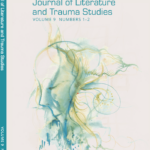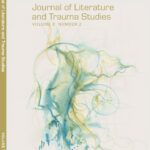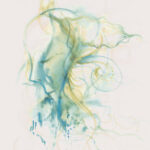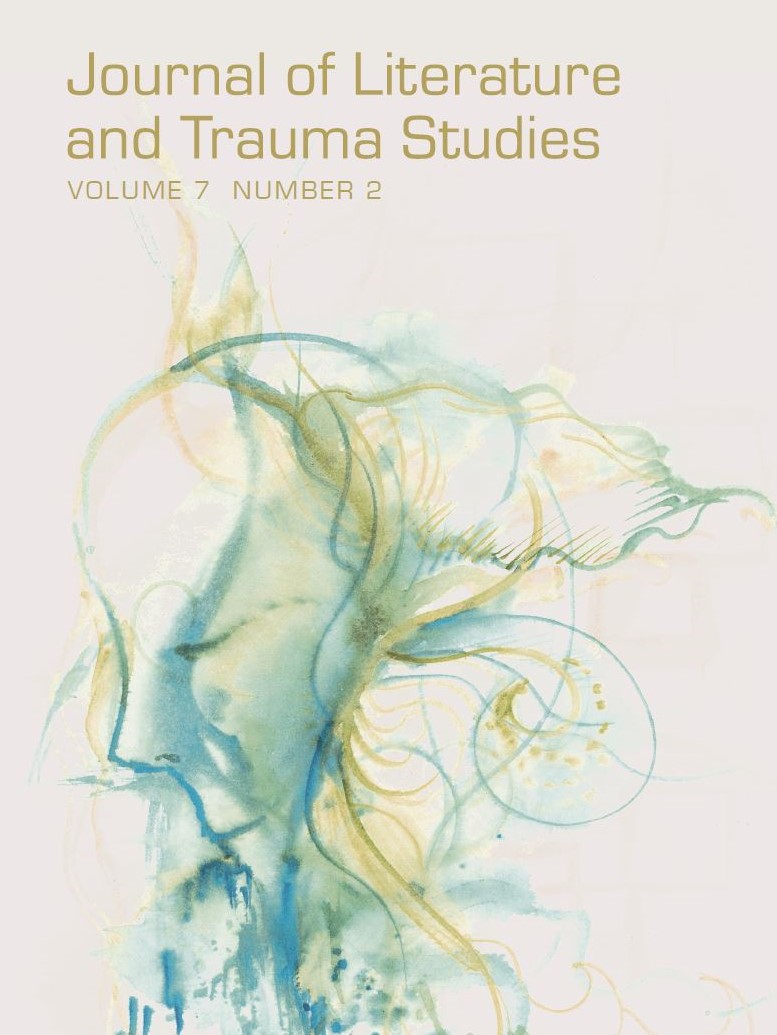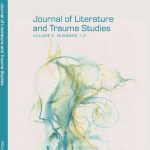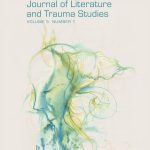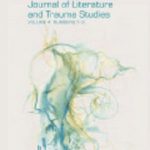Contributions are invited for consideration to be published in a collection of essays on trauma informed pedagogy in the college classroom. Recent evidence has become clear and compelling that many students enrolled in colleges and universities across the U.S. and internationally suffer from effects of multiple forms of traumatic experiences. These include but are not limited to experiences of childhood abuse, sexual abuse, the trauma of living within a culture riven with racism, misogyny, and homophobia, and the trauma induced by the disruptions and migrations resulting from environmental and political upheaval. Additionally, many of our students (as well as faculty, staff, and administrators) grapple with the indirect but potent consequences of historic and intergenerational trauma. The impact of these various forms of trauma manifest in weakened classroom performance, diminished academic success, failure to matriculate, and increased rates of mental health disorders.
This call seeks chapters on approaches to teaching and learning that account for and are responsive to the various traumatic histories and experiences our students bring to the classroom. The overall thesis for the book responds to the question, “How can we develop and implement trauma informed pedagogical practices that support the wellness of all students and create the conditions for their academic and personal success?”
Welcome for consideration are essays on specific pedagogical approaches, practices, activities, and assignments as well as more theoretical chapters that will contribute to more informed approaches to teaching and learning.
Possible subjects for consideration:
Creating supportive and inclusive classrooms
Trauma and disability studies
Teaching about trauma and trauma studies in the age of trigger warnings
Integrating Mindfulness into the classroom
Ethnic, Gender, and Queer Studies and healing from trauma
Writing as healing
Institutional and systemic responses to trauma
Please submit a one to no more than two page (500 – 1,000 words) abstract of a chapter that you wish to be considered for this collection by October 14, 2019.
Please note that any scholarly work involving students, their work, or other human subjects must be in compliance with all polices, regulations, and laws applicable to the protection of human subjects in research. If you have questions about your work and compliance with these requirements, you should consult with your home institution’s Institutional Review Board (IRB).
Please send all abstracts and inquiries to
Dr. Ernest Stromberg
Professor of Rhetoric and Communication
California State University Monterey Bay
estromberg@csumb.edu
